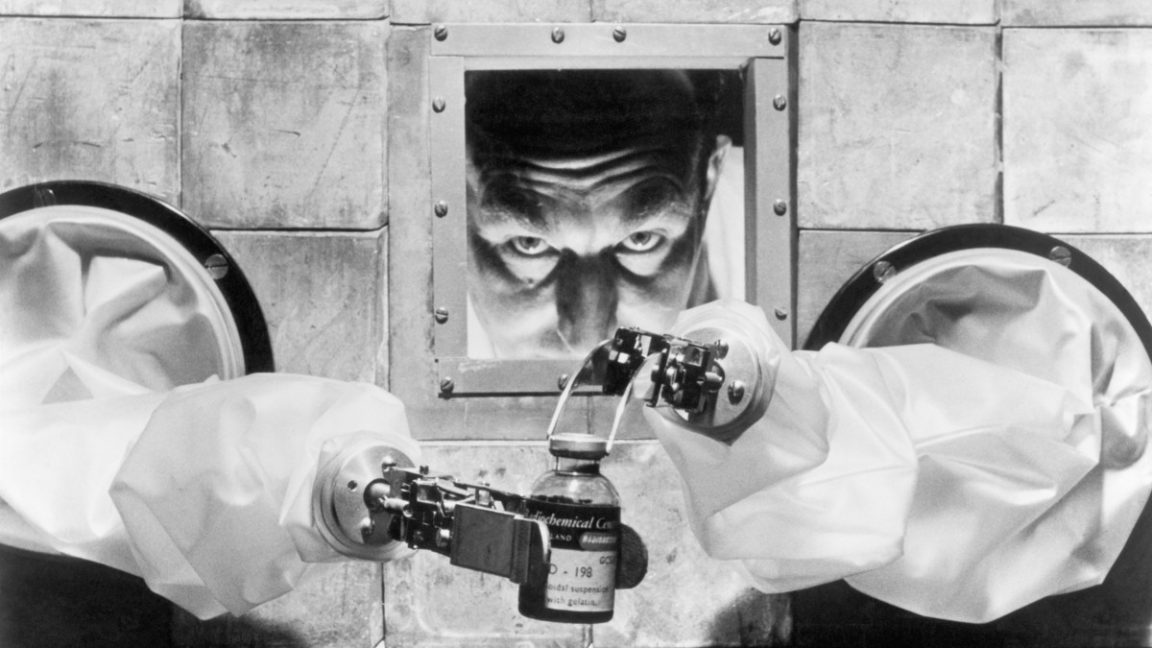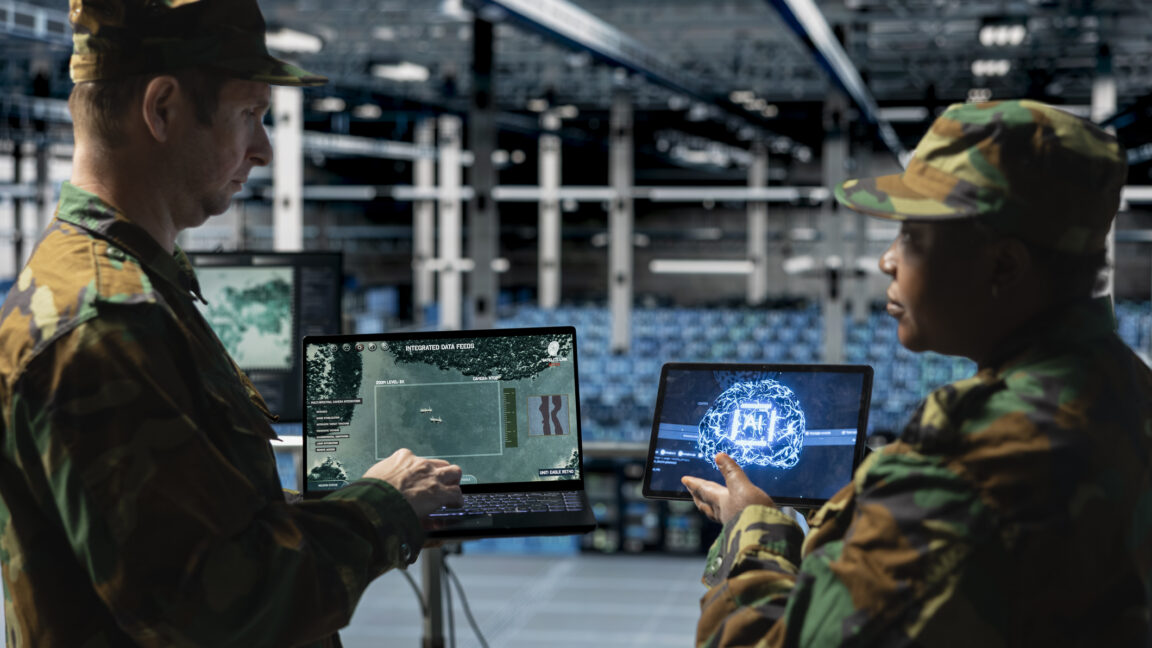Introduction to AI Appreciation and Aversion
Suppose you were shown that an artificial intelligence tool offers accurate predictions about some stocks you own. How would you feel about using it? Now, suppose you are applying for a job at a company where the HR department uses an AI system to screen resumes. Would you be comfortable with that? A new study finds that people are neither entirely enthusiastic nor totally averse to AI. Rather than falling into camps of techno-optimists and Luddites, people are discerning about the practical upshot of using AI, case by case.
Understanding AI Appreciation
“We propose that AI appreciation occurs when AI is perceived as being more capable than humans and personalization is perceived as being unnecessary in a given decision context,” says MIT Professor Jackson Lu, co-author of a newly published paper detailing the study’s results. “AI aversion occurs when either of these conditions is not met, and AI appreciation occurs only when both conditions are satisfied.” The paper, “AI Aversion or Appreciation? A Capability-Personalization Framework and a Meta-Analytic Review,” appears in Psychological Bulletin.
New Framework Adds Insight
People’s reactions to AI have long been subject to extensive debate, often producing seemingly disparate findings. An influential 2015 paper on “algorithm aversion” found that people are less forgiving of AI-generated errors than of human errors, whereas a widely noted 2019 paper on “algorithm appreciation” found that people preferred advice from AI, compared to advice from humans. To reconcile these mixed findings, Lu and his co-authors conducted a meta-analysis of 163 prior studies that compared people’s preferences for AI versus humans.
Factors Influencing AI Appreciation
The researchers tested whether the data supported their proposed “Capability–Personalization Framework” — the idea that in a given context, both the perceived capability of AI and the perceived necessity for personalization shape our preferences for either AI or humans. Across the 163 studies, the research team analyzed over 82,000 reactions to 93 distinct “decision contexts” — for instance, whether or not participants would feel comfortable with AI being used in cancer diagnoses. The analysis confirmed that the Capability–Personalization Framework indeed helps account for people’s preferences.
Context Matters
For example, people tend to favor AI when it comes to detecting fraud or sorting large datasets — areas where AI’s abilities exceed those of humans in speed and scale, and personalization is not required. But they are more resistant to AI in contexts like therapy, job interviews, or medical diagnoses, where they feel a human is better able to recognize their unique circumstances. Economic context also matters. In countries with lower unemployment, AI appreciation is more pronounced.
Conclusion
The study also uncovered other factors that influence individuals’ preferences for AI. For instance, AI appreciation is more pronounced for tangible robots than for intangible algorithms. Lu is continuing to examine people’s complex and evolving attitudes toward AI. While he does not view the current meta-analysis as the last word on the matter, he hopes the Capability–Personalization Framework offers a valuable lens for understanding how people evaluate AI across different contexts.
FAQs
Q: What is AI appreciation?
A: AI appreciation occurs when AI is perceived as being more capable than humans and personalization is perceived as being unnecessary in a given decision context.
Q: What is AI aversion?
A: AI aversion occurs when either of the conditions for AI appreciation is not met, meaning AI is not seen as more capable than humans or personalization is necessary.
Q: What factors influence AI appreciation?
A: Factors such as the perceived capability of AI, the necessity for personalization, economic context, and the tangibility of AI influence AI appreciation.
Q: Why do people prefer AI in some contexts but not others?
A: People prefer AI in contexts where AI’s abilities exceed those of humans and personalization is not required, but they prefer humans in contexts where personalization is necessary, such as therapy or job interviews.











